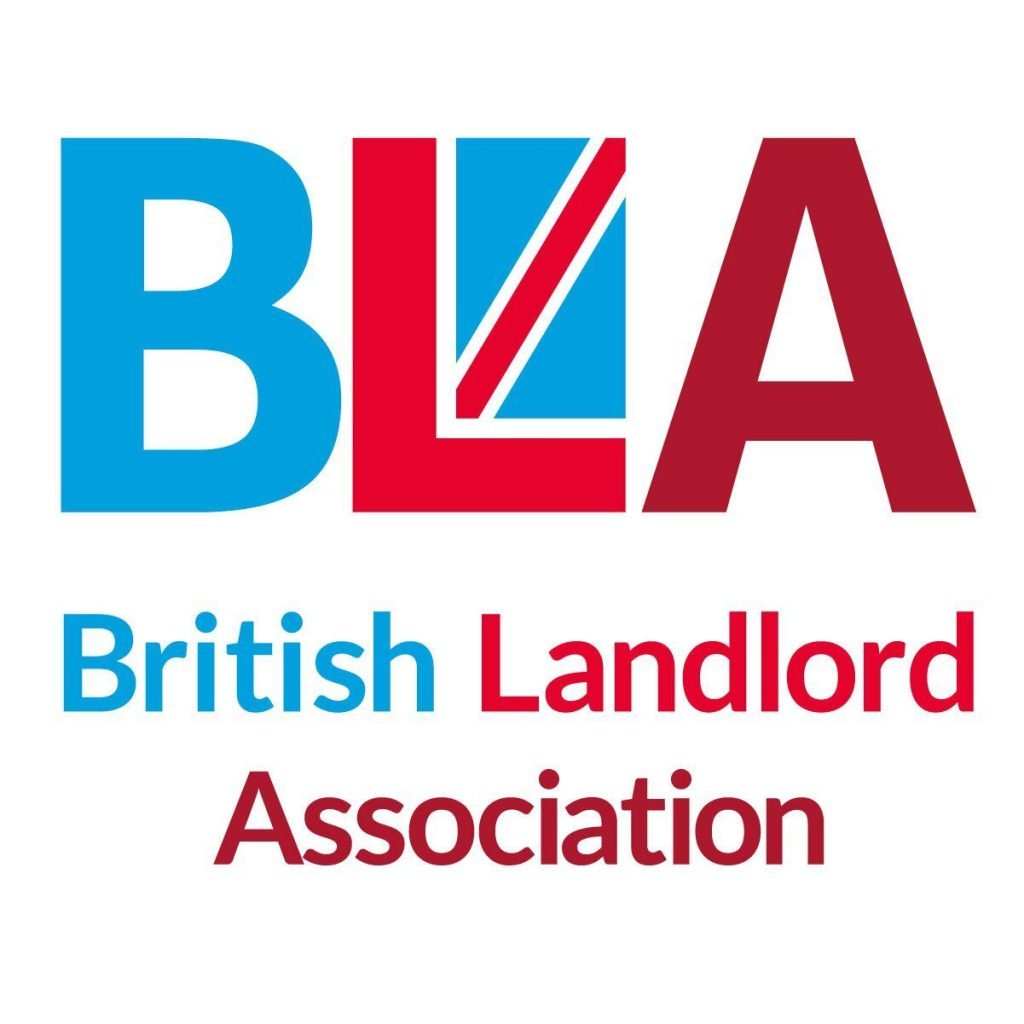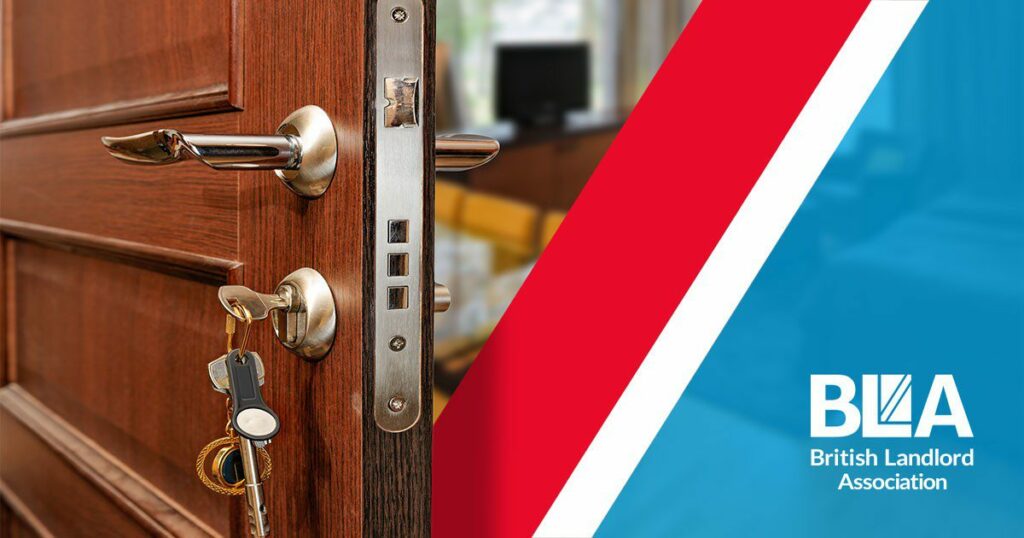About the mediation service
In February 2021, a new mediation pilot was introduced by the government as part of the current court process for housing possession cases.
The mediation pilot scheme is for landlords & tenants. It is free to use and helps resolve matters without the need for a court hearing.
The parties work with a neutral mediator who is independent of HM Courts and Tribunals Service. The mediator will help to identify issues and work to resolve them. All parties must agree on the outcome and feel they have reached an acceptable resolution.
This mediation service is part of the judiciary on new court arrangements which supports all parties in response to the impact of Coronavirus. You can obtain more information by using this link: COVID-19 and renting guidance for landlords, tenants and local authorities.
What does mediation offer landlords?
As part of your housing possession process, your case will be listed by the court for review. This is before any substantive court hearing.
At review, the tenant can access free legal advice from a duty adviser.
If the parties fail to reach an agreement at review, and both parties agree to mediation. The court can then arrange for your case to be mediated so the matter can be settled between the parties.
- Tenants interested in mediation should raise this with their duty adviser on the day of the review. Details of how to access duty advisers will be given to tenants by the court
- landlords who are interested in mediation should raise this with their representative (if they have one), and the tenant on or before the review
How mediation works
Mediation is a lot less stressful and inexpensive than proceeding to a full trial.
Mediation can also be much quicker than a court trial. The Society of Mediators generally aims to conduct mediation remotely within ten days of referral.
If mediation is successful, the case closed, and the court is informed.
The session is confidential.
If both parties cannot agree to a mediation solution after the mediation, your case will continue to a full hearing. The court will not be told any of the mediation information.
Mediations are conducted remotely, by telephone, across England and Wales.
Once the parties have agreed to mediation, relevant information will be passed to the Society of Mediators. They will contact you by phone to arrange the mediation. They usually make contact within two days of the review.
During the mediation, the mediator:
- will explain how the session will work and check the parties are prepared
- is impartial and will treat both parties with equal confidentiality
- speaks to each party separately – you do not talk directly to the other side
- is neutral and helps each party explore options to try and reach an agreement
- does not try to force you to find a settlement
Get the most from mediation
For mediation to work, you should:
- be open and flexible
- be willing to work with the mediator to find a resolution
- be clear with what you want to say
- be able to answer any questions
- have a quiet, private space where you won’t be disturbed
- be available at the start of the session and throughout
You might find it helpful to have access to legal advice during the mediation. However, this is often not possible, and mediators are aware of this.
What happens next
If mediation succeeds and both parties are happy with the proposed solution, they will sign an agreement. This will be sent to a judge for approval. The agreement will set out what actions each party must take next.
You can apply to the court to enforce the agreement if the other party breaks it.
If mediation is unsuccessful, the case will continue to the court process.
Top Read Blogs:
Landlord Electrical Safety inspection report (EICR) 2021 Guide
Landlord receives a whopping £48,000 fine for breaching HMO regulation





